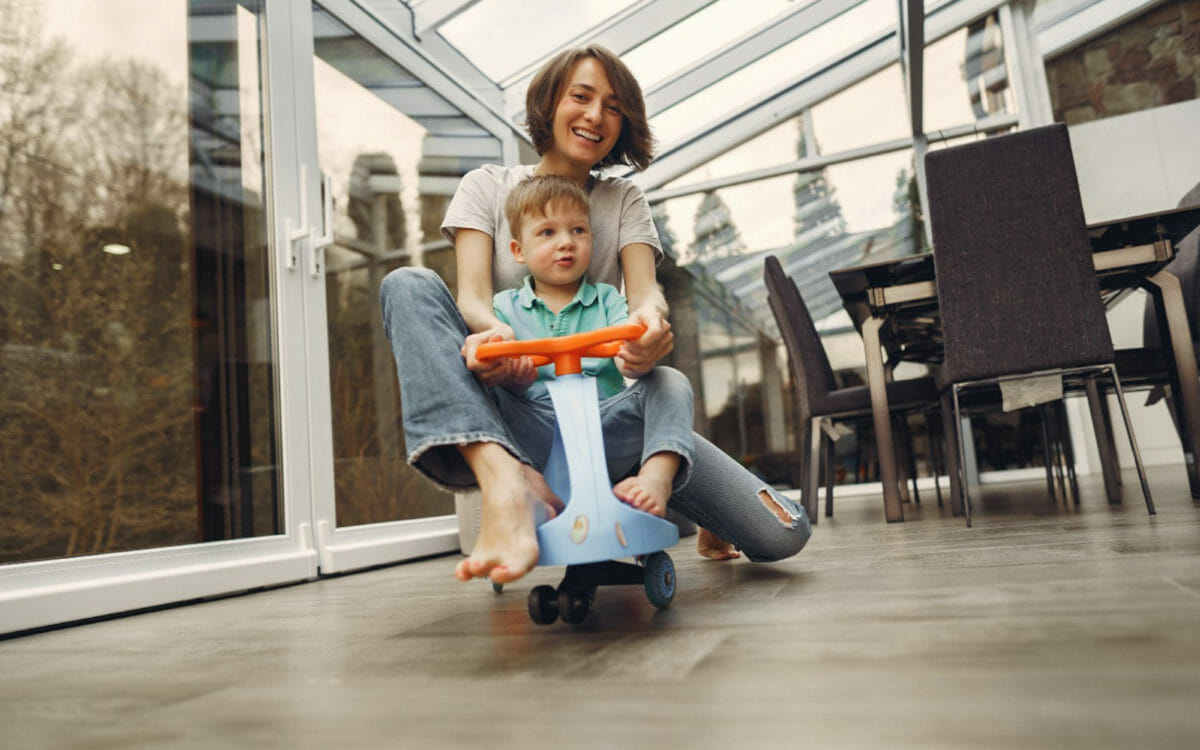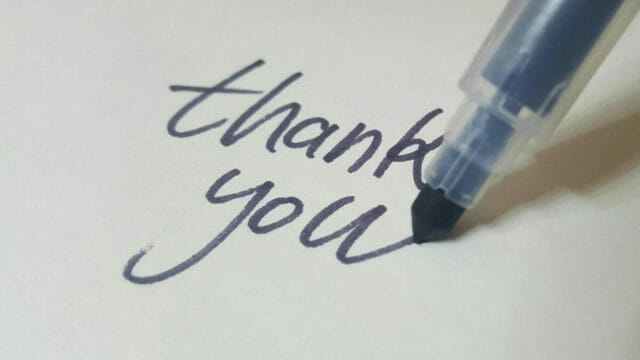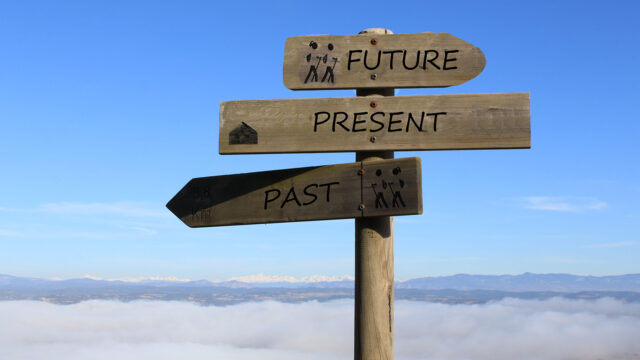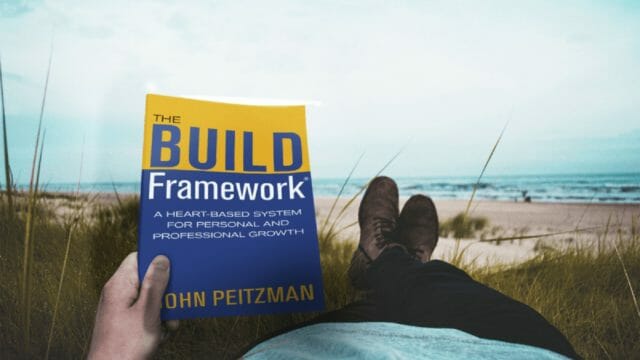Current circumstances aside, stress has always been and always will be a daily part of most of our lives. We stress about work, family, and friends. We stress about health, retirement, and our kids. We stress about bills, body image, and even our legacy. And while each of our situations is unique based on our individual needs and perspective, the one universal truth is that stress is something we can all embrace, accept, and control how it affects us.
Let’s consider COVID-19. We see it everywhere. And we automatically have a visceral reaction that engenders a myriad of different feelings, none of which are positive. And why is that? It’s because we have been conditioned to recognize and associate that phrase with negative things. That’s our perspective. But what if we changed that? What if COVID-19 was introduced as something positive instead?
C — Control
O — Optimism
V — Value
I — Integrity
D — Discipline
Let’s look at this from a conceptual standpoint in terms of how to reframe our thinking around it and then we can apply tactical steps.
C — Control. One of the things that commonly creates stress is feeling out of control. With COVID-19 the list of what we cannot control seems never-ending. But what about looking at this from another perspective? What can you control? Can you control your reaction to information? Can you control your routine? Can you control your mindset? Yes, yes, and yes! The key to control in any stressful circumstance is to recognize the things you can and cannot control, accept and not dwell on things outside of your control and embrace the things you can.
O — Optimism. It is easy to focus on the negative. In the case of COVID-19, the news is overwhelming. We are constantly reminded of the increasing number of sick people, deaths, financial impact, etc. Again, these are things outside of our control and they are pessimistic. It is not that you should not acknowledge and respect the information, it simply that you should focus your efforts on the positive things around you that you can control. Do you get to exercise more, spend more time with your family, and even read a great book? Do you get to work on some projects around the house? With fewer planes in the sky and cars on the road, the environment is getting a well-deserved reprieve. The point is that most stressful situations provide opportunities for optimism as well. It’s up to us to take a step back and recognize them.
V — Value. We can look at value a couple of different ways. In times of significant stress, we start to see what relationships are truly strong. We quickly recognize who we can and cannot count on and what relationships are most important. Similarly, when we are forced to take a step back and slowdown from our daily routines, we are able to look at the things that truly matter — those things in our life that truly hold value. Many of us that are forced to be at home are spending more intimate time with our partners, our kids, and ourselves. We are picking up old hobbies, teaching our kids, and engaging with friends online. We’re not on vacation, driving expensive cars, or on a boat. What it is teaching us is what really matters and what really holds value. The last part of value is looking at our actions and asking ourselves what adds value and what does not. Does panic add value? Does complaining add value? Certainly not. But having a routine adds value. Offering support to others has value. Being creative with your work has value. Helping your kids adds value. You get the idea. There is almost always value you can add.
I — Integrity. Some say integrity is about how you act when no one else is watching. But, in reality, whether no one else is watching you or not, you are always aware of and responsible for your actions. Whether it is only buying what you need, helping out those less fortunate than you, working to the best of your ability from home, or even taking the time to help people focus their stress in more positive and effective ways, we can all proceed with a high level of integrity.
D — Discipline. If you think about it, the idea of changing your mental approach to stress takes discipline. When most of us are stuck at home, we have even greater control over our time; are you going to set a quality schedule? Are you going to have a healthy exercise routine? Are you going to set aside time to work and learn and teach? Discipline creates consistency and dependability and allows you to seize control over otherwise stressful circumstances.
As the creator of The BUILD Framework®, I am always thinking about how I frame things within the context of BUILD (Build Relationships, Understand the Business, Implement Strategies, Lead and Inspire, and Deliver Excellence). So, in the spirit of taking this new COVID paradigm and connecting it to BUILD, I have created The BUILD Framework® COVID-19 Guide to Thrive. If you are interested in being guided through how to gain even greater control in your life, including developing an individualized Action Plan, then you will love this guide! You can download your FREE copy here.
If we can take something as tangible and stressful as COVID-19 and reframe it into something positive, just think about what we can do with the other stresses in our life. If you would like additional help implementing this strategy with your teams and/or would like to learn other tools and practices to thrive in your personal and professional life, let me know. I am here to help: www.johnpeitzman.com








